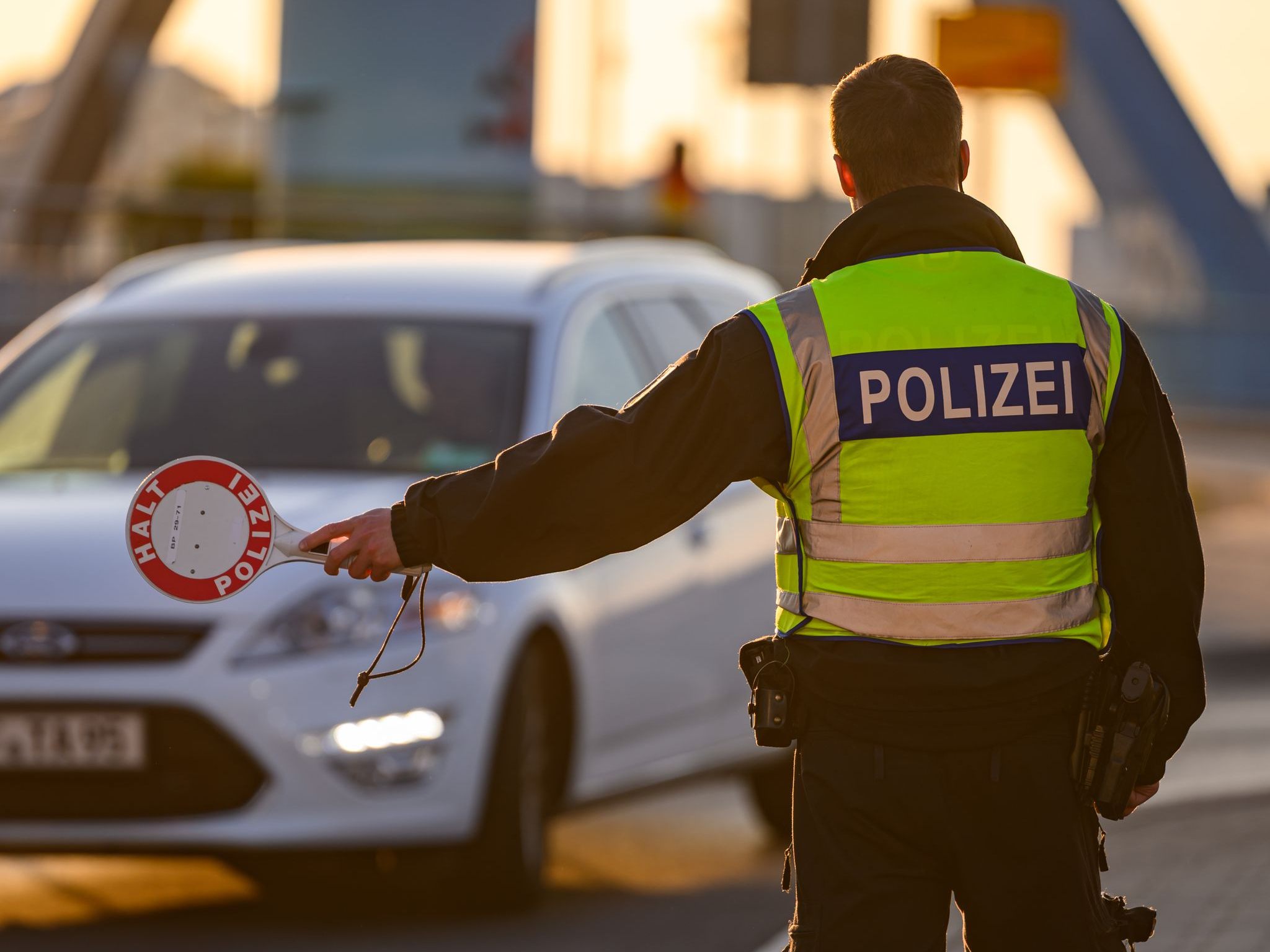Poland's Border Controls Shake the Schengen Area: Is Your Vacation at Risk?

Prime Minister Donald Tusk justifies the reintroduction of controls as a necessary step to "limit and reduce the uncontrolled flow of migrants back and forth." Poland's patience has run out after Germany intensified its own random checks since October 2023 and even began turning back asylum seekers at the border in May—a practice sharply criticized by the Polish side. Poland feels overly burdened by Germany's actions, particularly by the return of individuals who have already reached German territory. The new controls are to be implemented at the German-Polish and also at the Polish-Lithuanian border, highlighting the scope of the measure.
Germany's Perspective and the Pressure on the EU
Chancellor Friedrich Merz (CDU) emphasizes that the migration issue is "a common problem that we want to solve together," and assures close communication with Warsaw. The goal is to keep the burdens as low as possible and instead establish joint "border hinterland controls"—checks that take place on both the German side and the neighboring countries' side to more effectively combat irregular migration and illegal border crossings.
At the same time, Merz rejects the portrayal spread in Polish media that Germany regularly sends asylum seekers who have already arrived in Germany back to Poland. In fact, Federal Interior Minister Alexander Dobrindt (CSU) ordered more intensive border controls in May and instructed the turning back of asylum seekers at the border. An urgent decision by the Berlin Administrative Court, which declared the turning back of three Somalis as unlawful, is considered by the Interior Ministry merely as an isolated case, highlighting the complex legal situation and the different interpretations of EU rules. Merz also mentioned a growing group of now 21 EU states discussing a further tightening of migration rules, indicating the need for action across Europe.
The Fragile Schengen System: A European Chain Reaction
Poland's decision is not an isolated case but fits into a pattern of national solo efforts that increasingly undermine the integrity of the Schengen Area. Belgium has also recently announced the introduction of border controls from summer to combat irregular migration. This development leads to a noticeable fragmentation of the once robust European freedom of travel.
For Austria, a country in the heart of Europe and part of the Schengen Area, these developments are of direct significance. Tightened controls at Germany's borders with its eastern neighbors could lead to shifts in migration routes and the emergence of new or intensified routes through Austria. This would mean an additional burden for Austrian authorities and society. The discussion about effective management of migration in the Schengen Area becomes even more urgent, as without a coordinated European solution, further fragmentation threatens, endangering not only freedom of travel but also economic cooperation and the cohesion of the EU.
Domestic Political Motives: Poland's Election Campaign in the Shadow of Migration
Migration policy was a central campaign issue in the Polish presidential election, and Donald Tusk's government is under considerable pressure from the right-conservative opposition party PiS. PiS leader Jaroslaw Kaczynski fueled the debate with sharp tones, claiming that Germany "regularly sends illegal migrants to our side" and spoke of a "renegade state" as well as "chaos and impunity."
The recent election victory of the right-wing nationalist Karol Nawrocki, who advocated for stricter controls at the border with Germany, was a clear sign of discontent among the Polish population and a severe setback for Tusk's government. Although Tusk won a vote of confidence in parliament, the pressure on his center-left coalition remains immense, further influencing national decisions on migration issues.
Conclusion
The reintroduction of border controls by Poland is a symptom of a deeper European crisis in migration policy. It underscores the need for a comprehensive and solidarity-based EU solution to address both the concerns of individual member states and the fundamental principles of the Schengen Area. For Vienna and all of Austria, this means closely monitoring developments and continuing to actively participate in the search for sustainable European responses.
Questions and Answers on Border Controls
What does the reintroduction of border controls mean for travelers in the Schengen Area?
For travelers within the Schengen Area, the controls can lead to longer waiting times at internal borders. It is recommended to always carry a valid ID card or passport, even if border controls do not usually take place.
What is the difference between border controls and "border hinterland controls"?
Border controls take place directly at the physical border and aim to check people or goods when crossing. Border hinterland controls, on the other hand, are conducted in the border area, a few kilometers or even dozens of kilometers behind the actual border. They allow for more flexible checks away from fixed border crossings and are intended to make smuggling routes more difficult without overly hindering regular border traffic.
How does Poland's migration policy affect the entire EU?
Poland's restrictive migration policy and the reintroduction of border controls are an expression of national concerns and political tensions within the EU. They contribute to the erosion of the principle of free movement in the Schengen Area and can lead to shifts in migration routes, affecting other EU countries, such as Austria, more significantly. This increases the pressure for a common, coherent European asylum and migration policy.
This article has been automatically translated, read the original article here.





